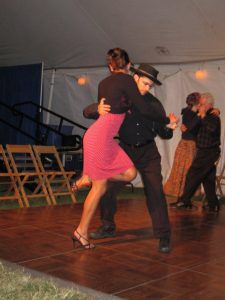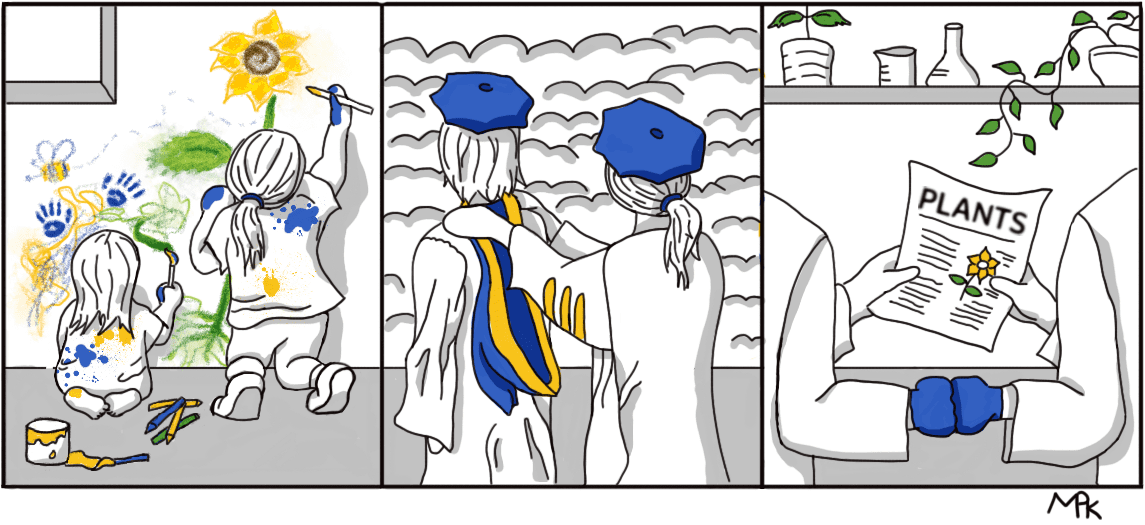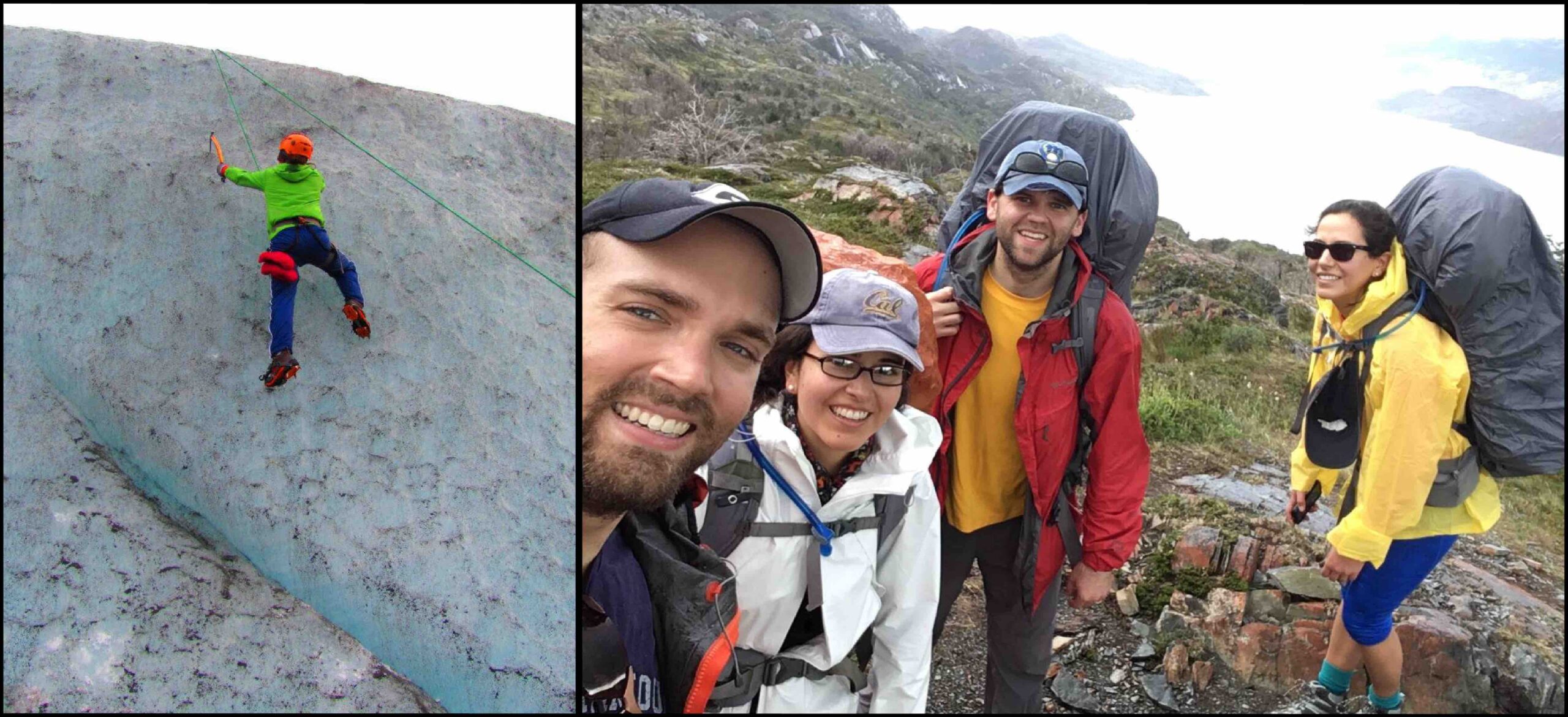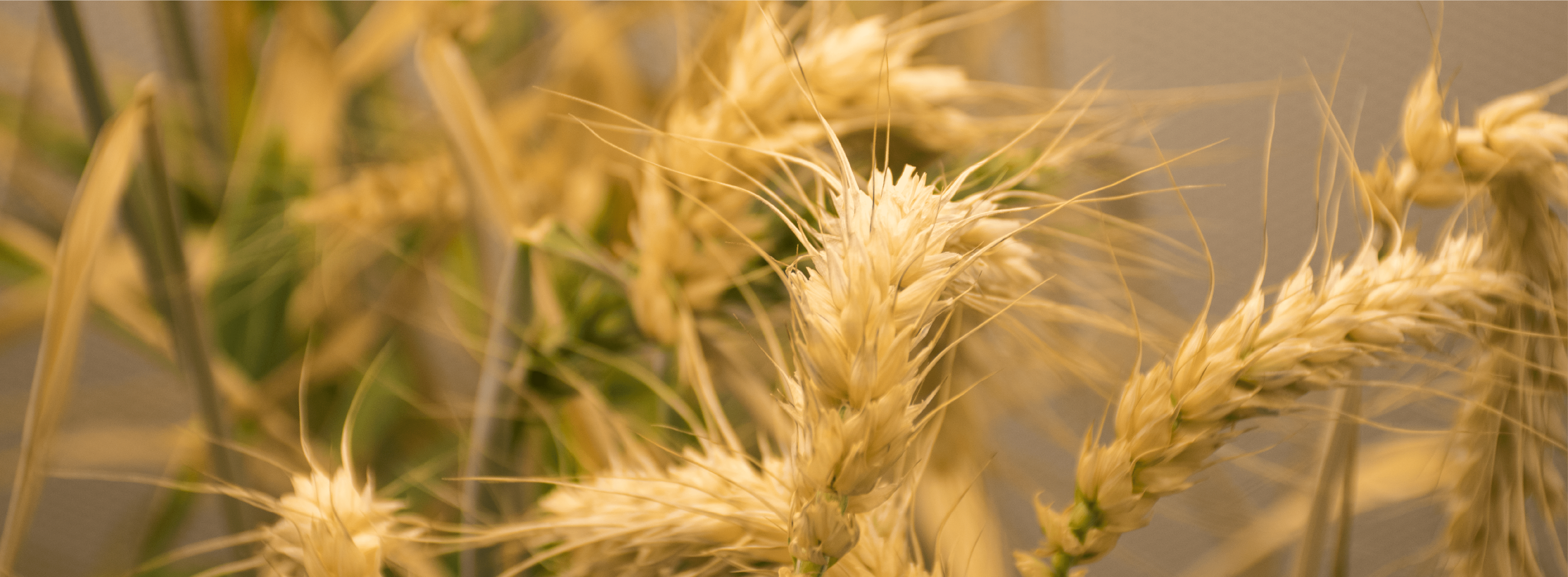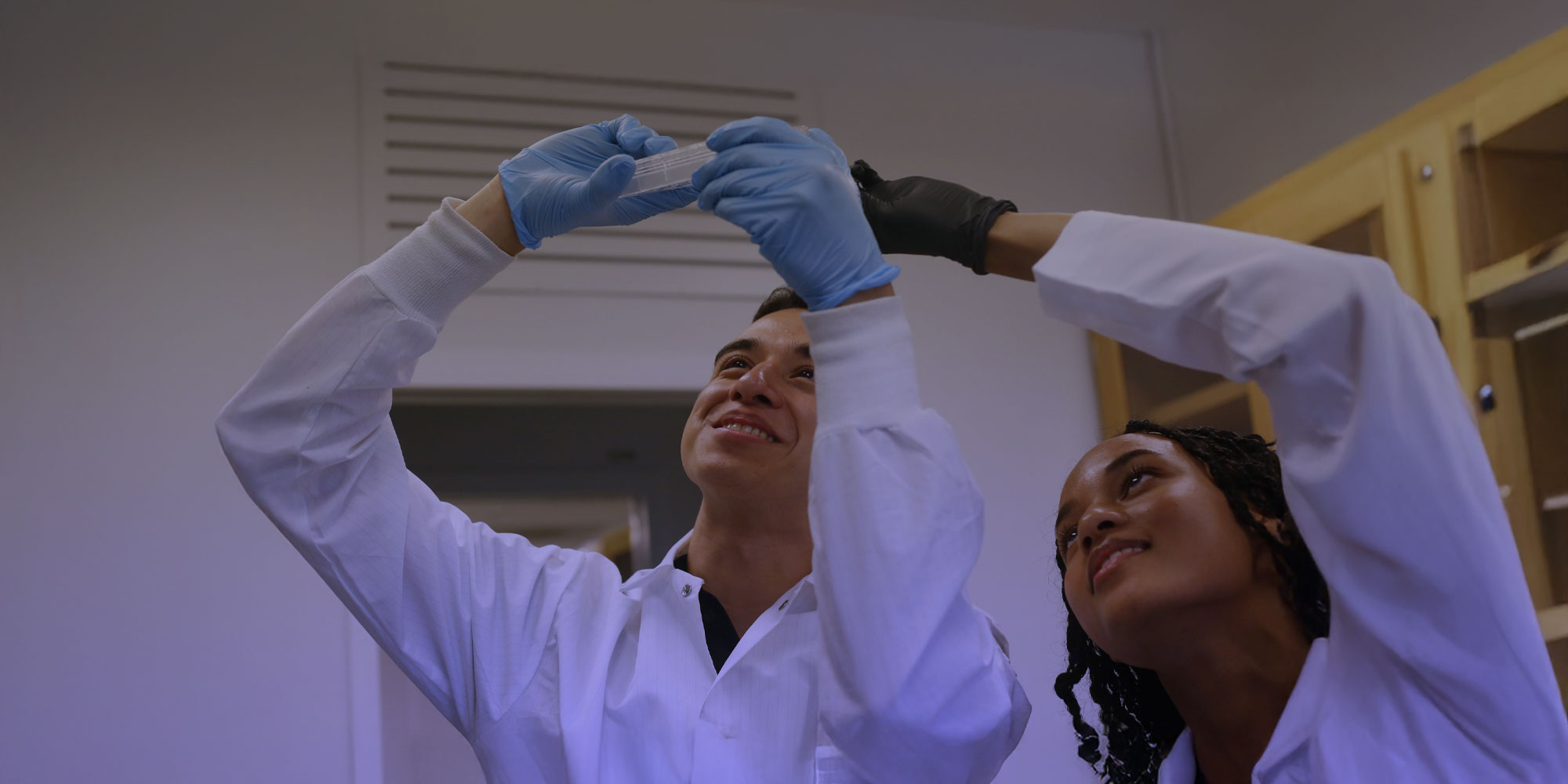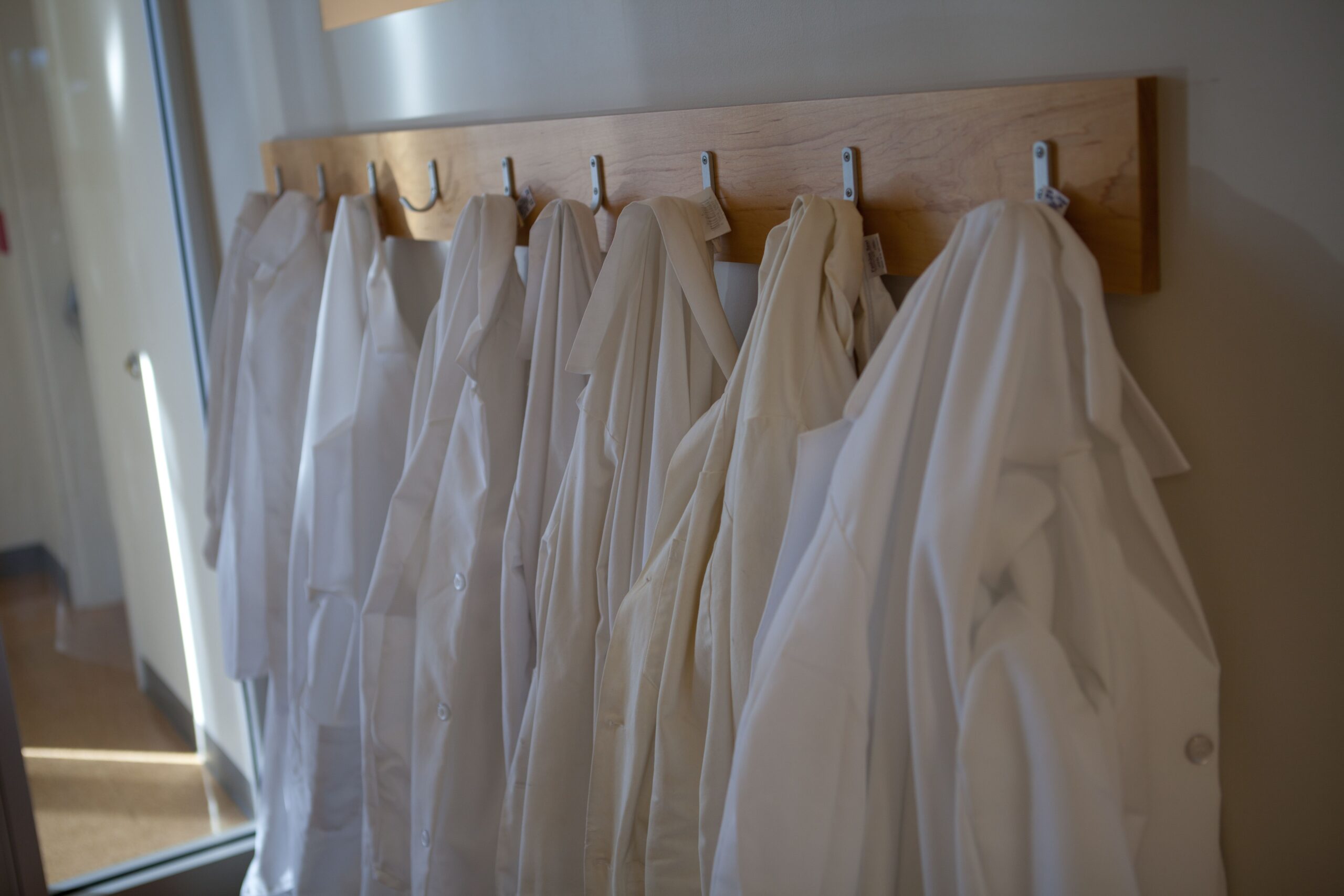
Meet an IGI Scientist: Markita Landry
This series introduces the public and fellow researchers to our talented scientists. We interview different IGI members to find out who they are and what makes them passionate about science.
—
Professor Markita Landry runs the Landry Lab at UC Berkeley. Her lab works on developing nanomaterials to assist in the delivery of CRISPR-Cas9 systems in plants.
Where are you from?
My mother is from Bolivia and my father is French Canadian. I immigrated to the United States in high school- to North Carolina. Since then I’ve lived in Illinois, Boston, and now the Bay Area.
Why did you become a scientist?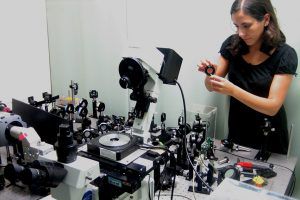
I’m fascinated by the laws that govern life. My background is in fundamental science (physics and chemistry), but today my lab’s focus is on using chemistry and physics to build tools to learn more about biological systems. We develop nanoscale probes to image biological systems and learn more about neurotransmission. We also study how to deliver functional biomolecules, like Cas9, to biological systems for genome editing.
What do you like to do besides research?
I love to dance (salsa and Argentine tango). I’m a big fan of hiking and backpacking, and also traveling.
Describe a funny memory you have of working in the lab or in research.
My younger sister got her Ph.D. – also from Berkeley and also from my department (CBE). We overlapped for about a month when I first moved to Berkeley to start my faculty position, and I was fortunate to have the opportunity to hood her during her graduation ceremony. We’ve also published research papers together in the past, and today she is a scientist at JUST foods – in a way, we are both in the research space of engineering plants and agricultural products.
If you discovered a new (protein/species/technology) what would you name it?
My lab recently developed a near-infrared nanosensor to image dopamine in the brain – one of my lab’s students, Sarah Yang, named it a nIRCat (near-infrared catecholamine nanosensor).
What would you do if you weren’t a scientist?
I might be a writer. I love writing; although one could argue that I’m mostly a writer these days. As a professor, I spend most of my time writing or editing (manuscripts, abstracts, research grants, lecture notes, etc).
How has science changed since you started as a researcher? What has been the most important advancement in your opinion?
Open access science! The physics community has been posting preprints of papers on the arXiv (an electronic database) for quite some time, but it is relatively new for other fields such as biology, chemistry, and engineering. I’m glad to see that scientific papers are now routinely posted without a paywall and before the sometimes lengthy publication process. I think this practice of posting preprints has accelerated the pace of science and allows science to build on itself more quickly.
